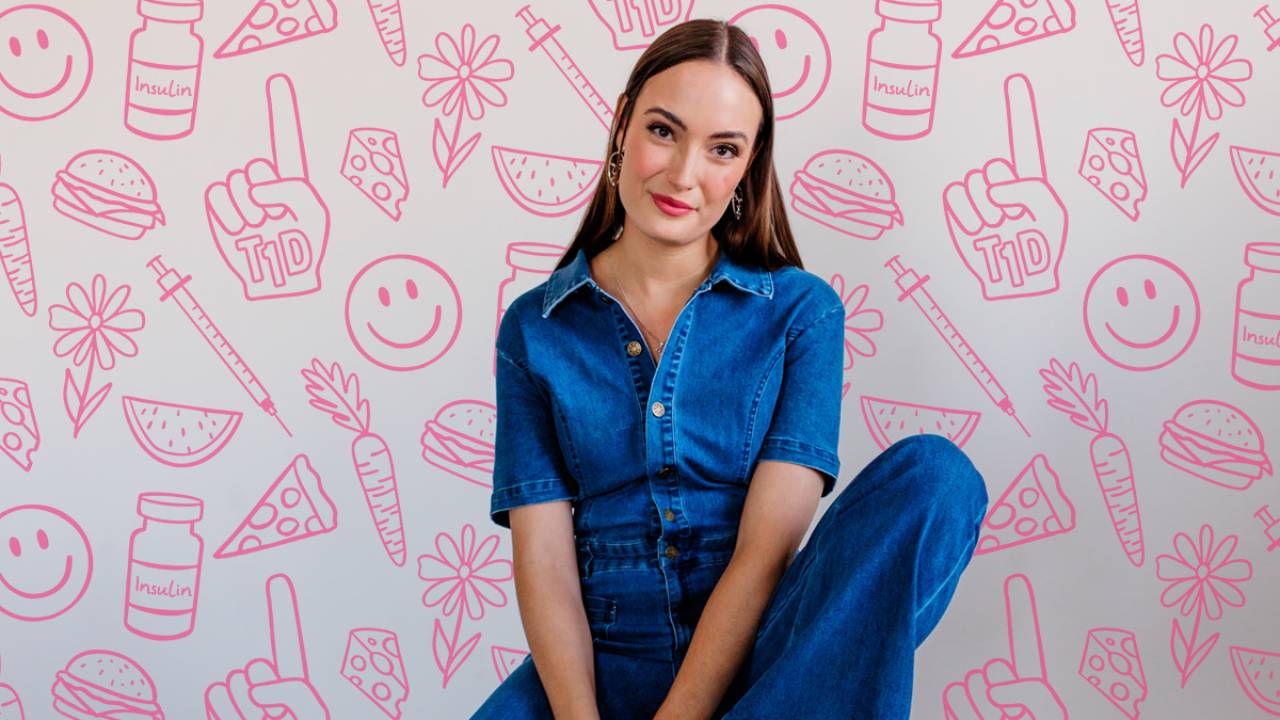
Factors That Affect Blood Glucose - Part 1: Food, Medications, and Lifestyle
Jul 29, 2025(Inspired by the 42 Factors That Affect Blood Glucose Chart by DiaTribe)
Managing blood glucose levels effectively is an essential part of life with Type 1 diabetes. There are numerous factors that can influence blood sugar, and sometimes it feels like a guessing game to figure out what's going on. If you're feeling overwhelmed, don't worry-knowledge is power, and understanding these factors can help you gain more control over your diabetes management. Today, let's explore some of the most important factors, focusing on food, medication, and lifestyle choices.
Food and Blood Glucose
Carbohydrate Quantity and Type
Carbohydrates play a significant role in blood glucose levels. The more carbs you consume, the higher your blood sugar will rise. It's essential to understand how different types of carbs impact your blood sugar. For example, simple carbs (like a sugary soda) can cause rapid spikes, whereas complex carbs (found in whole grains, vegetables, and legumes) tend to result in slower, more stable rises in blood glucose. Keep an eye on both the quantity and the type of carbs you consume.
Fat and Protein
Fat and protein can stabilize blood glucose, but they can also cause higher blood sugar levels in some cases. While they slow down the absorption of carbs, both fat and protein can influence blood sugar in complex ways. Learning how they impact your blood glucose is crucial-incorporating them into your meals in a balanced way is key.
Caffeine
Caffeine is a tricky one. For some, a cup of black coffee or an energy drink can send blood sugar levels skyrocketing, even though these drinks contain no carbs. If you experience blood sugar spikes after consuming caffeine, it's essential to adjust your insulin strategy accordingly. You might need to use a correction factor or adjust your insulin dose based on how caffeine affects you personally.
Alcohol
Alcohol can have unpredictable effects on blood glucose. While a small amount of alcohol, like a shot of vodka or a glass of wine, may not cause significant changes, larger amounts-especially sugary cocktails-can lead to either spikes or drops in blood glucose. The more you drink, the more likely your blood sugar will fluctuate. If you plan to drink, it's vital to understand how alcohol impacts you and to carry extra carbohydrates to prevent dangerous lows.
Meal Timing
The timing of your meals can influence blood glucose levels. Some individuals experience more insulin resistance in the morning and increased sensitivity in the evening. This variation can impact when and how much insulin you need for meals. Additionally, the concept of pre-bolusing-taking insulin before eating-can be vital in managing blood sugar spikes. Understanding your personal insulin sensitivity throughout the day is essential for fine-tuning your meal strategies.
Hydration
Dehydration can significantly impact blood glucose levels. When you're dehydrated, your blood becomes more concentrated, which can result in higher blood sugar readings. Drinking enough water throughout the day helps keep your blood glucose more stable and aids in overall health.
Medication and Blood Glucose
Medication Dose and Timing
The type and dose of your insulin, along with its timing, can have a significant impact on your blood sugar levels. For example, the amount of insulin you take, how it's absorbed, and when it's taken in relation to your food can all affect your glucose control. Additionally, other medications-like steroids or niacin-can interfere with blood sugar regulation. Be sure to keep track of any new medications and discuss their potential impacts with your healthcare team.
Insulin and Diabetes Management
The chart from DiaTribe emphasizes the importance of understanding insulin's role in managing blood sugar. Whether you're using multiple daily injections (MDI) or an insulin pump, the timing, type, and amount of insulin you administer can make a world of difference. If you're using an insulin pump, consider testing your insulin needs in isolation-without food or other factors-to see how your body responds.
Activity and Exercise
Exercise and Blood Glucose
Exercise is a powerful tool for managing blood glucose, but it can have different effects depending on the type of exercise. Light exercise, such as walking, can help stabilize or even decrease blood sugar levels. On the other hand, high-intensity or moderate exercise can sometimes lead to a spike or drop in blood sugar.
Your fitness level plays a role here-more active individuals tend to see better long-term blood glucose control. However, even experienced athletes can experience blood sugar swings depending on the time of day, the type of exercise, and their insulin levels at the time. For example, strength training in the morning may cause a blood sugar spike, while walking in the afternoon might lead to a drop.
Food and Insulin Timing for Exercise
Food and insulin timing play an important role in how exercise affects your blood sugar. If you've recently eaten or have insulin on board, this could alter your glucose response to a workout. Tracking how your body reacts to exercise, food, and insulin in different situations can help you fine-tune your strategies and keep your blood glucose stable during physical activity.
In part 2, we'll dive into additional factors like stress, illness, sleep, and biological changes, as well as discuss practical strategies for managing blood glucose in complex situations. Stay tuned!
You've got this.
Stay fun,
Madi Cheever, MPH, RD, LDN, CHES
Type One Type Fun
️DISCLAIMER: although I am a healthcare professional, this post is not intended to be medical advice. This is simply me sharing some of what I know, but your body may not respond in this way so please make sure you are chatting with your diabetes educator and/or doctor first ️ or bring me onto your care team 😘
Ready to learn how to handle your blood sugar in ANY situation?
Done with the constant highs and lows?
Stay connected with news and updates!
Join our mailing list to receive the latest news and updates from our team.
Don't worry, your information will not be shared.
We hate SPAM. We will never sell your information, for any reason.

